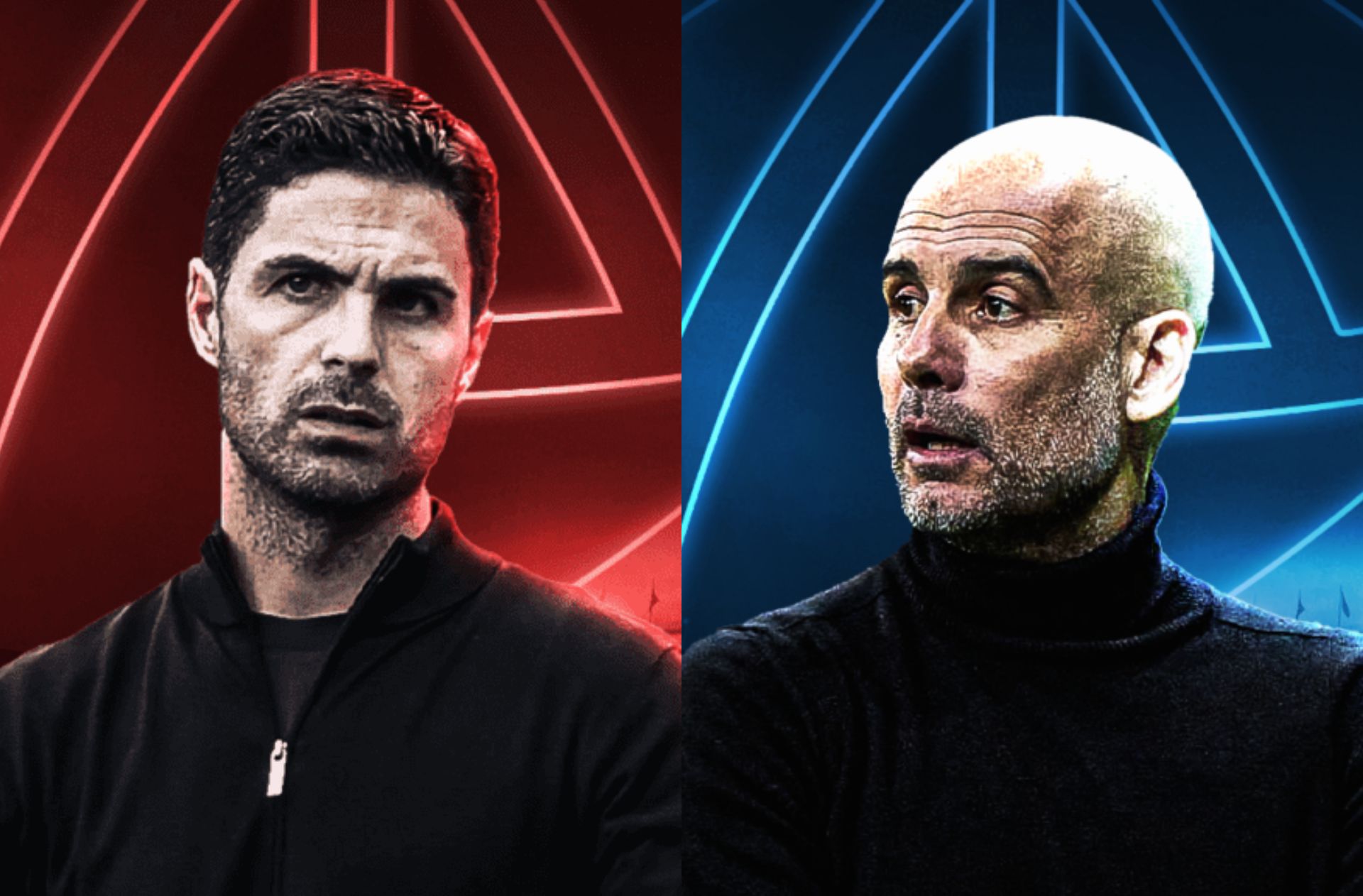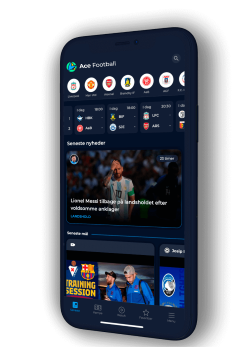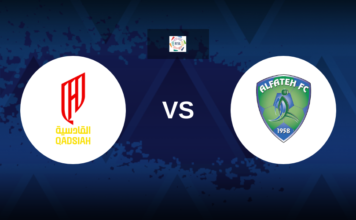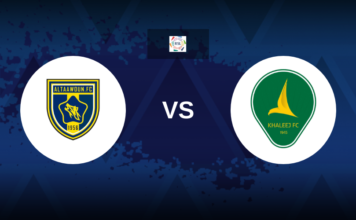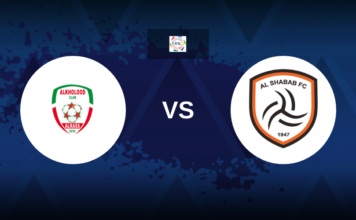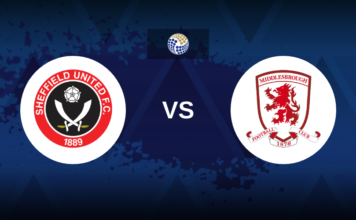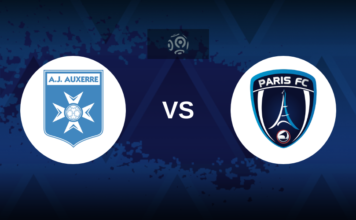In December 2019, Mikel Arteta was appointed head coach of Arsenal.
At the time, he was widely regarded as a protégé of Pep Guardiola, having served as his assistant at Manchester City since 2016. Many assumed Arteta would emulate Guardiola’s tactics, but five years on, the Arsenal manager has carved out his own identity, steering his team toward success with an unexpected tactical evolution.
This is the story of how and where Mikel Arteta deviated from Guardiola’s tactical blueprint to transform Arsenal into one of the best football teams in the world.
The Guardiola Philosophy: A Risky but Revolutionary Blueprint
Pep Guardiola’s tactical ideology is no secret. His approach revolves around total control of possession, pressing opponents into their half, and minimizing risk by denying the opposition the ball. “My dream is to shut our 11 opponents up in their area and prevent them from crossing the halfway line,” Guardiola famously said.
While effective, this strategy comes with inherent risks. By compressing the game into the opposition’s half, Guardiola’s teams often leave themselves vulnerable to counterattacks. Yet, through precise execution, his sides have consistently dominated games and won titles.
Arteta, being one of Guardiola’s key disciples, was initially expected to adopt this same philosophy.
Arteta’s Arsenal: A Focus on Defensive Stability
Arteta’s early seasons at Arsenal were underwhelming, with the team finishing eighth in the Premier League in back-to-back campaigns. However, these years laid the groundwork for a crucial transformation.
Arteta’s first priority was improving Arsenal’s defensive structure. When he arrived, the team’s defensive numbers were declining, threatening to spiral further. His immediate focus was halting this regression, and his efforts bore fruit with an FA Cup victory in 2020, albeit it seemed a detour from the club’s longer-term goals.
By the 2022-23 season, Arsenal began to flourish. With Gabriel Jesus and Oleksandr Zinchenko joining from Manchester City, Arteta incorporated elements of Guardiola’s style, including inverted full-backs and a fluid attack led by a “false nine.” Arsenal dominated possession, topped the league table for a record 248 days, and were hailed as serious contenders.
But a critical defeat to Manchester City late in the season highlighted vulnerabilities in Arteta’s system. Arsenal’s high press and ball-dominant strategy backfired, with City exploiting open spaces and securing a decisive 4-1 victory.
A Tactical Shift: Prioritizing Resilience
The loss to City marked a turning point. In the summer of 2023, Arsenal’s transfer strategy signaled a philosophical shift. The arrivals of Declan Rice, Kai Havertz, Jurrien Timber, and David Raya highlighted Arteta’s intent to bolster the team’s defensive spine.
This new iteration of Arsenal was less reliant on possession and more focused on resilience. The team sacrificed some offensive fluidity for defensive solidity, grinding out results late in games and adapting to varied challenges. While this approach led to a decline in possession and open-play xG metrics, Arteta found ways to compensate.
The Set-Piece Revolution
One area where Arsenal excelled was set pieces, thanks to the expertise of coach Nicolas Jover, whom Arteta brought from Manchester City. By maximizing dead-ball opportunities, Arsenal made up for their slightly reduced attacking output.
This combination of defensive sturdiness and set-piece prowess made Arsenal a formidable side. In fact, their underlying numbers by the end of the season surpassed even those of Manchester City—a rare feat during Guardiola’s Premier League reign.
Breaking the Guardiola Mold
Arteta’s evolution raises an important question: Is it necessary for elite teams to dominate possession to win? Arteta’s Arsenal demonstrated that success could be achieved by embracing defensive pragmatism without completely abandoning the ball-dominant principles he learned under Guardiola.
While Arteta’s system borrows heavily from Guardiola, it also diverges in critical ways, blending discipline, adaptability, and resilience.
The Road Ahead
The 2023-24 season presents a new challenge: Can Arsenal finally overcome Manchester City to claim the Premier League title? Whether they do or not, Arteta has already demonstrated that there is more than one way to build an elite team.
By diverging from Guardiola’s pathway and creating his own tactical identity, Mikel Arteta has not only reshaped Arsenal but also redefined what it means to succeed in modern football.
